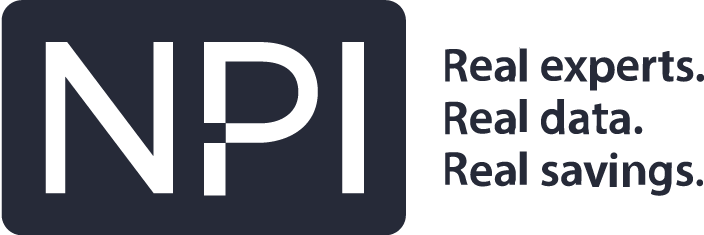BLOG
Navigating the Qlik-Talend Acquisition: IT Procurement Insights for Large Enterprises
Qlik recently announced it has completed its acquisition of Talend, an open-source data integration platform. This acquisition aims to bring together a shared vision and a rich portfolio of solutions for data integration, quality, and governance. As reported by Diginomica, Qlik CEO, Mike Capone shared some highlights of the acquisition:
“Qlik, together with Talend, will bring significant benefits to customers, including expanded product offerings, enhanced support and services, and increased investments in innovation and R&D. Qlik’s broad expertise in data integration, analytics, AI and machine learning combined with Talend’s data integration and data quality solutions, will provide customers with the most comprehensive solution in the industry.”
The acquisition has given rise to a few customer concerns. One is around Qlik’s commitment to an open data platform. Qlik has said publicly it will “continue to remain open to virtually any data source, target, architecture, or methodology, ensuring customers always have the data they need, whenever they need it.”
Another concern is pricing. Given Qlik announced its intent to acquire Talend in early 2023, this is fast turnaround time compared to other M&A transactions in the tech sector. Part of that is likely to do with Thoma Bravo’s involvement as the PE firm looks to streamline its acquisitions and accelerate profitability. Such a quick integration could signal changes coming down the line for Qlik and/or Talend pricing, especially with Qlik’s continued buildup of its data integration platform. Because of potential changes, NPI recommends enterprise customers review existing (or prospective) Qlik and/or Talend agreements as soon as possible.
Review Any Existing Qlik and Talend Agreements ASAP
For enterprise customers with existing agreements with Qlik or Talend (and especially those organizations with agreements with both vendors), NPI recommends an immediate benchmark of pricing and cost-related business terms. NPI believes the speedy acquisition signals a good chance that pricing will quickly become dynamic and could increase in the near future. Talend offers some natural synergies with its own solution that will likely create even more data-driven capabilities in Qlik’s platform as well.
As with any acquisition, new ownership is highly motivated to realize the benefits of the investment. Increased prices are a tried-and-true tactic. Performing IT price benchmark analysis and enterprise agreement renewal optimization on existing agreements is one of the most effective ways to minimize or mitigate the impact of pricing changes.
Push for Early Renewals
One way customers can fend off short-term price increases is to push for an early renewal of their purchasing agreements. This is especially important for Talend customers. It’s possible that Qlik/Thoma Bravo will not want to honor pricing agreements that are unfavorable for the vendor. Securing favorable pricing now before the vendors rationalize pricing could lead to material savings over the course of the agreement.
Qlik customers have their own reasons for pursuing early renewals. The vendor recently filed paperwork to look at potential public offerings that could lead to some degree of decoupling from Thoma Bravo. This is just one more pricing dynamic that may shift out of customers’ favor, and one more reason to secure best-in-class pricing, licensing and deal flexibility now.
Look for Inroads with Other Thoma Bravo Vendors
Thoma Bravo is a private equity firm with a focus on software and technology companies. Over the last 20 years, the firm has since grown to become one of the largest private equity firms in the world, with over $127 billion in assets under management. Thoma Bravo is known for its “buy-and-build” investment strategy, which involves acquiring companies and then using their resources to acquire other companies in the same industry. This strategy has helped the firm to create some of the largest software companies in the world, including Proofpoint, Sophos, and Instructure.
With that in mind, it’s possible that Talend could see a huge benefit from massive PE resources from Thoma Bravo, and both vendors’ solution sets could see a big jump in quality in the coming years. Because of the number of vendors included in Thoma Bravo’s portfolio, it makes sense to take a look at other vendors under the Thoma Bravo umbrella (when/where appropriate).
Are you looking to optimize an upcoming purchase or renewal with Qlik or Talend? NPI can help – contact us today.


